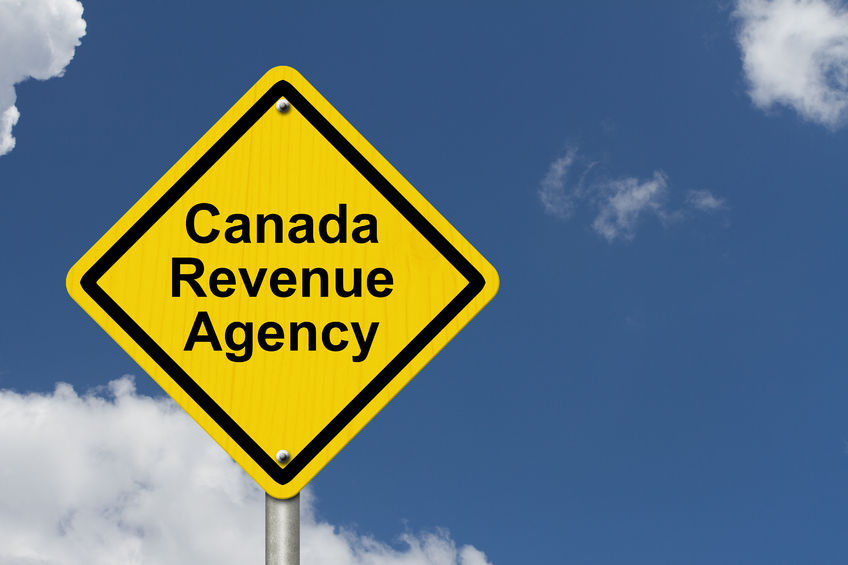
The federal agency that examines service issues at the Canada Revenue Agency (CRA) on behalf of taxpayers has published a series of reports detailing the problems it has explored to date.
The Office of the Taxpayers’ Ombudsman published several reports on its website Friday that report on its investigations into systemic issues with the CRA over the past several years. The reports, which date back to 2010, address a variety of issues, including: the CRA erroneously classifying taxpayers as deceased; whether the CRA’s warnings about tax shelter schemes have been adequate; and confusion about the tax free savings account (TFSA) rules, among others.
Each report sets out the ombudsman’s findings, and makes recommendations for corrective action to the Minister of National Revenue. For instance, on the issue of abusive tax shelters, the report notes that the ombudsman received many complaints from participants in abusive tax shelter charitable donation schemes, claiming that they were unaware of the tax consequences of these schemes, and that the CRA provided insufficient information to warn them of those consequences.
“Confusion often arises because the donor is unclear as to the distinction between a tax shelter promoter and a registered charity,” the report says. “Tax shelter promoters often have names that may suggest they are registered charities but in fact, they are separate entities,” the report says. The report made several recommendations, including that the CRA take additional measures to warn the public about tax shelter donation schemes; and that it monitor trends in the structuring of questionable tax schemes so that it can alert the public as soon as possible.
As for complaints surrounding the TFSA rules, the ombudsman reports that it received complaints from taxpayers who were penalized for over-contributing to a TFSA, and complaints that the information available on the rules governing TFSAs was not clear enough.
In that case, it concluded that “the CRA should have been more proactive in informing Canadians about the tax consequences of the TFSA.” While information about the rules of withdrawals and re-contributions was available on the CRA web site, it found that many taxpayers weren’t aware of this. Therefore, it recommended that the CRA be more proactive about informing Canadians of the rules and where they can be found.
“Canadians rely largely upon the CRA for the information they need to meet their tax obligations and obtain what they are entitled to from their government. In addition to ensuring that its web site and publications inform Canadians of the tax obligations that come with a new tax program, the CRA should take steps to inform Canadians on where to find that information,” the report recommends.
The Taxpayers’ Ombudsman, Sherra Profit, said that her office is publishing the reports online to promote greater awareness and provide transparency about its systemic examinations.
Photo copyright: karenr/123RF